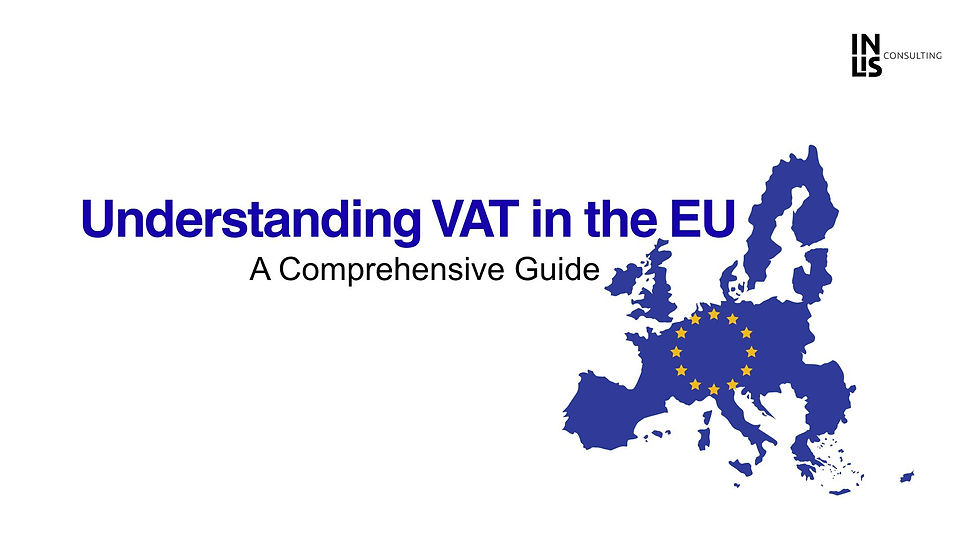Digital Nomad Trends in Portugal: A 2025 Overview
- INLIS Consulting
- Sep 8, 2025
- 2 min read
Portugal has become a top destination for digital nomads and remote workers, thanks to its attractive visa options, supportive infrastructure, and high quality of life. Here's an updated look at the key trends shaping remote work in Portugal as of 2025.

The D8 Digital Nomad Visa: Key Features
Portugal's Digital Nomad Visa, known as the D8, allows non-EU/EEA/Swiss citizens to live and work remotely in Portugal. Applicants must meet the following criteria:
Income Requirement: Earn at least €3,280 per month (four times the Portuguese minimum wage) from remote work or self-employment with clients or employers outside Portugal.
Duration: The visa is initially valid for one year and can be renewed for up to five years.
Family Reunification: Visa holders can apply for family reunification, allowing spouses and dependent children to join them in Portugal.
Popular Destinations for Digital Nomads
While Lisbon remains a popular choice, other regions are gaining traction among remote workers:
Madeira: Known for its "Digital Nomads Madeira" program, offering coworking spaces and a supportive community.
Alentejo: Attracting remote workers seeking a quieter lifestyle with lower living costs.
Porto: Combining urban amenities with a rich cultural scene, appealing to creatives and tech professionals.
Remote Work Legislation
Portugal has implemented laws to protect remote workers:
Right to Disconnect: Employers are prohibited from contacting employees outside of working hours, ensuring work-life balance.
Telework Regulations: Remote work must be agreed upon in writing, outlining terms and conditions.
Tax Considerations for Remote Workers
Remote workers in Portugal should be aware of tax implications:
Tax Residency: Spending 183 days or more in Portugal makes you a tax resident, subjecting you to Portuguese tax laws.
NHR Program: The Non-Habitual Resident program offers tax benefits to qualifying individuals, including exemptions on foreign income for up to 10 years.
Cost of Living and Accommodation
The cost of living varies across Portugal:
Lisbon and Porto: Higher living costs, especially in central areas.
Alentejo and Madeira: More affordable options with a slower pace of life.
Accommodation options range from city apartments to rural retreats, catering to diverse preferences.
Future Outlook
Portugal continues to be a leading destination for digital nomads, with ongoing support for remote work and a welcoming environment for international professionals.
The government's commitment to improving infrastructure and quality of life ensures that Portugal remains an attractive option for remote workers in 2025 and beyond.




Comments